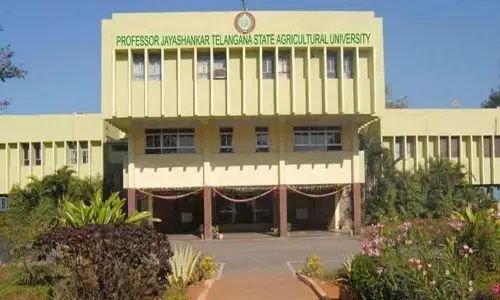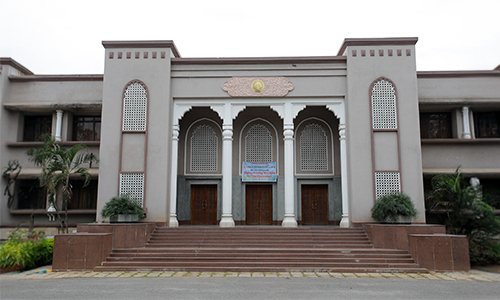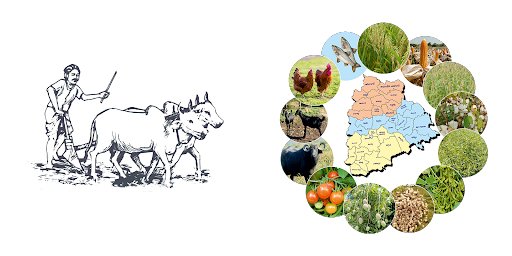Introduction
EXTENSION EDUCATION AND COMMUNICATION MANAGEMENT
The Department of Extension Education and Communication Management (EECM) equips students to effectively communicate technological advancements for improving the quality of life in rural and tribal communities, with a focus on women and children. Through training in conventional and digital media, students learn content creation and dissemination. Rooted in a multidisciplinary approach, EECM supports farming communities by promoting sustainable development, capacity building, and skill enhancement, aligning with evolving needs in Home Science and global extension systems.
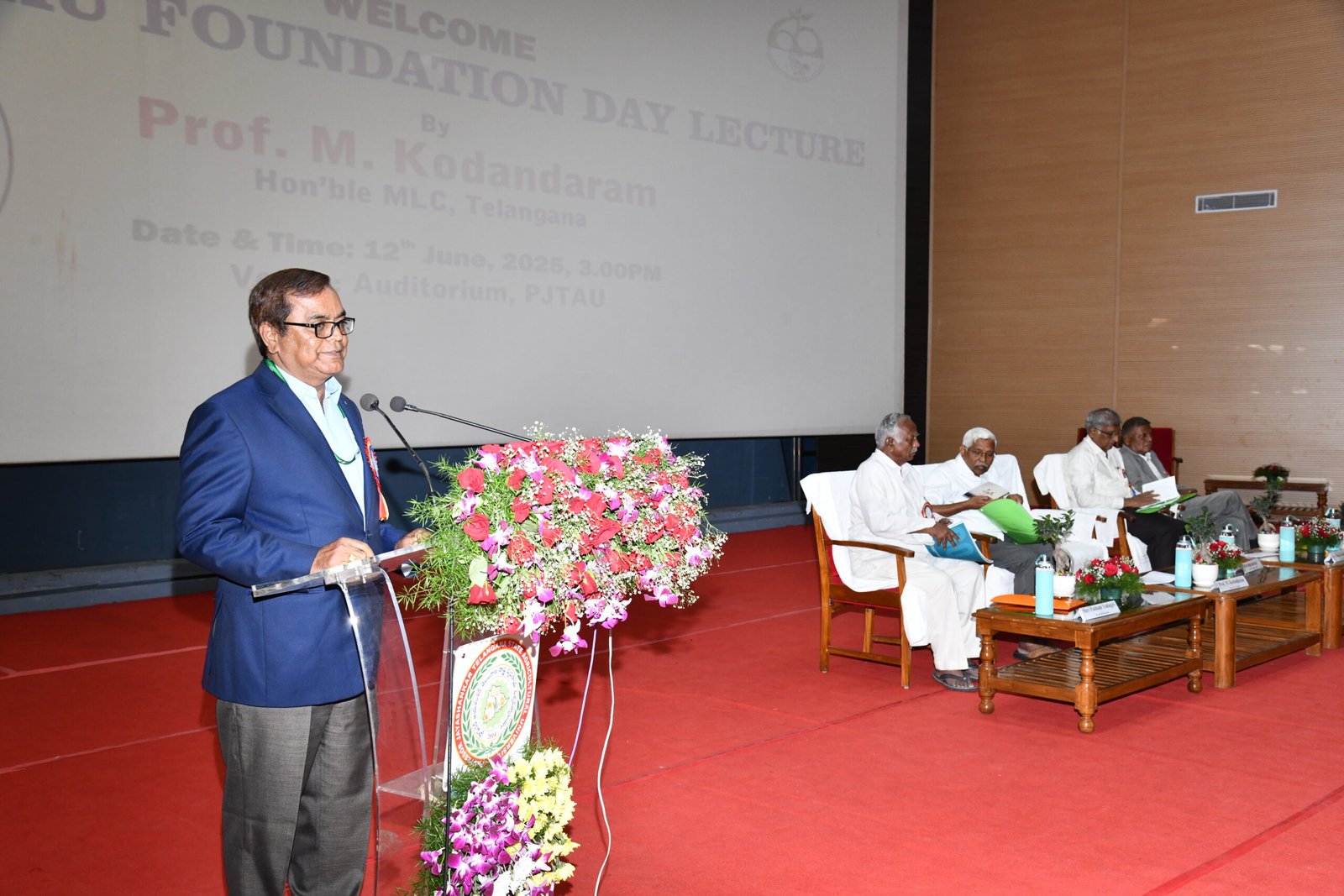
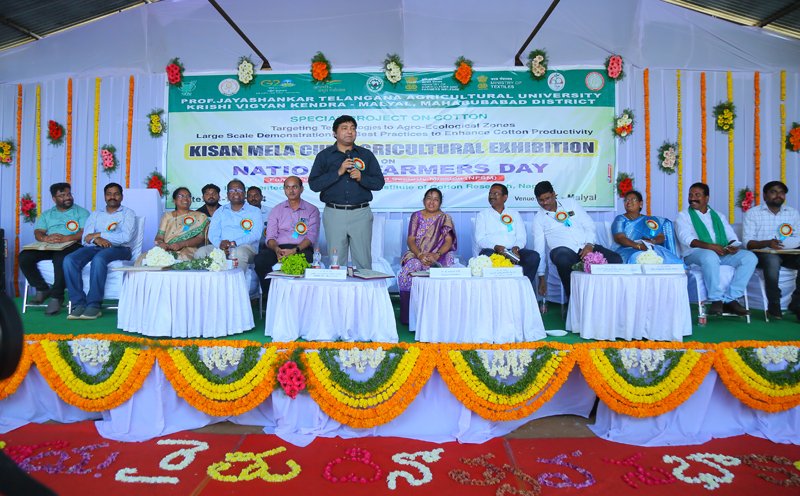
Why this Programme?
The program aims to develop skilled professionals in Extension Education and Communication Management for agricultural and rural development. It builds globally competitive human resources to lead research and policy initiatives. Students engage in research on topics like ICT in agriculture, behavioral change, gender, and rural entrepreneurship. The focus is on innovative, impact-driven research aligned with national and global development goals.
Get Started
Aim of the Programme
- The Master’s programme in Extension Education and Communication Management follows ICAR guidelines and offers key courses like Technology Transfer, Communication Skills, and Participatory Programme Management. The curriculum combines modern concepts with practical fieldwork taught by experienced faculty. It aims to equip students with research skills and prepare them for independent work in advanced areas of the discipline.
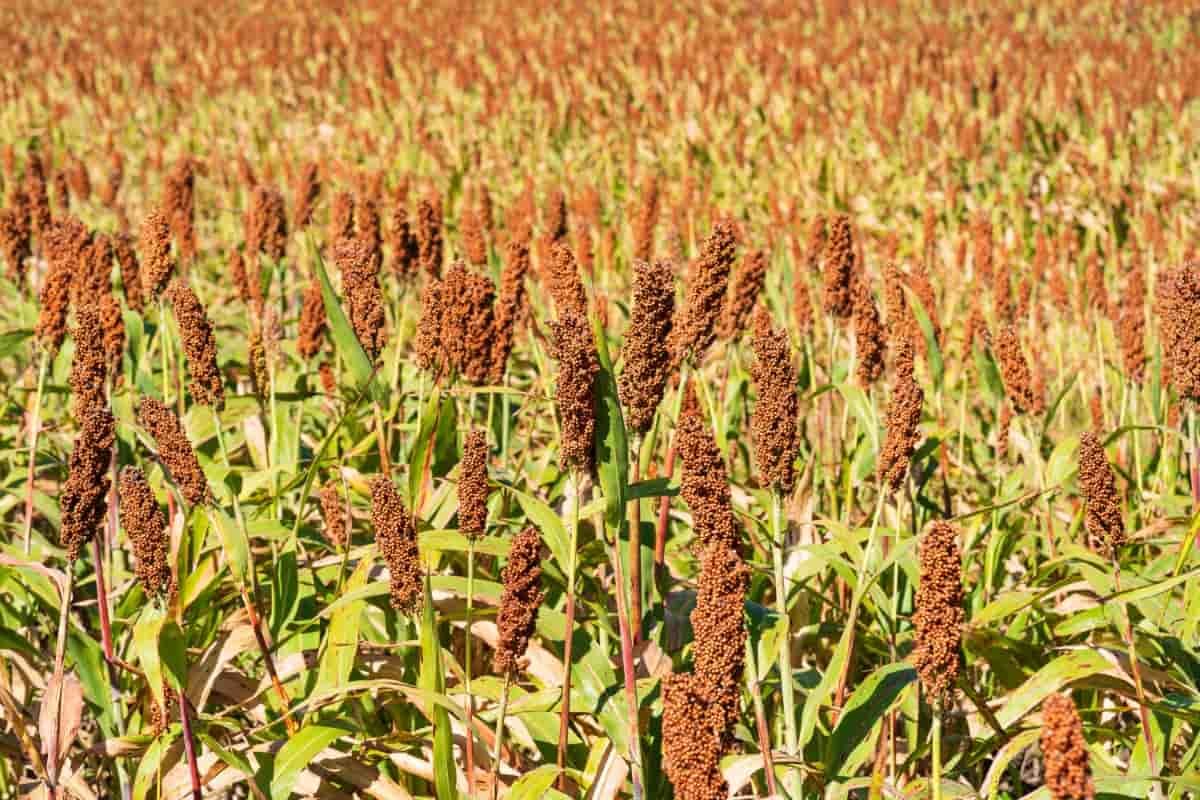
Student Experiences
Application and Admission
To get admission into the M.Sc. (Community Science) in Extension Education and Communication Management degree course, students must have the eligible qualifications specified by the university. Applications should be submitted in the official form, which will be available from the University Registrar after an admission notification is released. The admissions shall be regulated and made in accordance with the rules and regulations in force.
Future Career
- A Master’s in Extension Education and Communication Management opens diverse career opportunities in academics, research, and rural development. Graduates can work as faculty in universities, scientists in ICAR institutes, or training coordinators. They can take up roles like Extension Officer, Development Communication Specialist, or ICT Expert in ministries, KVKs, and SAUs. Careers in content creation for agricultural media and tele-advisory services are also promising.
Masters in Extension Education & Communication Management
Master Course Work
The Master’s program includes two semesters of coursework followed by research. Students must complete 20 major credits, 9 minor credits, 5 supporting credits, a 1-credit seminar, and 30 research credits. Additionally, 6 compulsory non-credit courses are required.
Master's Thesis Research
After completing first-year coursework, students begin thesis research under the guidance of an advisory committee chaired by a faculty member approved by the Dean. The committee helps select the research topic and oversees progress toward completing 30 research credits. Students submit their thesis after fulfilling coursework, research credit requirements, and passing the qualifying exam.
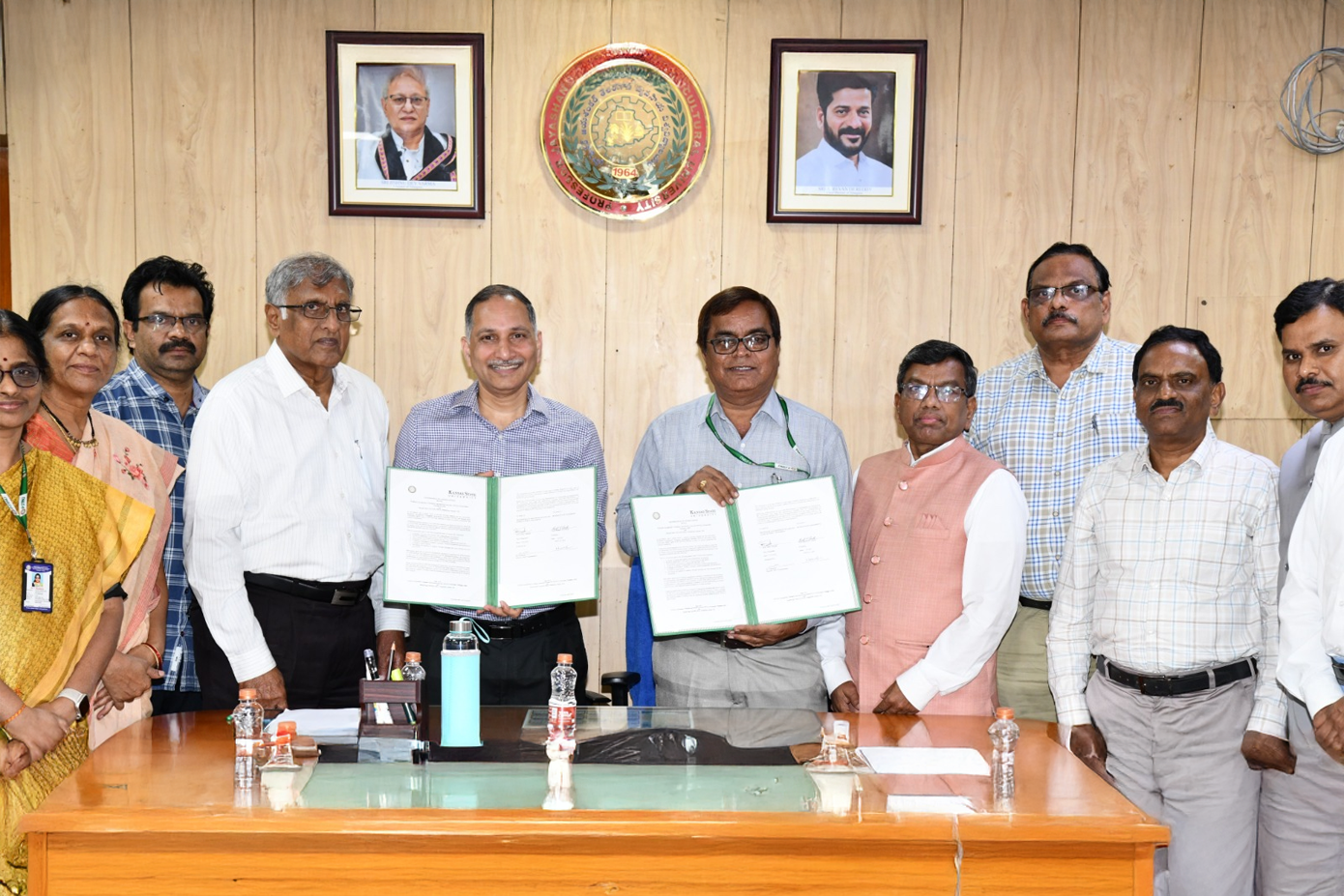
Department Photo and Video
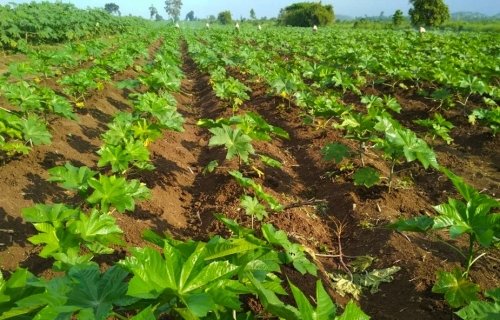









Major Courses (EECM Department)
| Course No | Course Title | Credits |
|---|---|---|
| EECM 501 | Global Extension Systems | 3(3+0) |
| EECM 502 | Development Communication | 3(2+1) |
| EECM 503* | ICT and New Media | 4(1+3) |
| EECM 504* | Technology Transfer and Management | 3(1+2) |
| EECM 505* | Dynamic Communication Skills | 3(1+2) |
| EECM 506 | Participatory Programme Management | 3(1+2) |
| EECM 507 | Organizational Development and HRD | 2(1+1) |
| EECM 508 | Educational Technology | 3(2+1) |
| EECM 509 | Group Dynamics | 2(2+0) |
| EECM 510 | Community Development and Outreach | 3(2+1) |
| EECM 511* | Climate Change Management | 2(1+1) |
| EECM 512 | Gender Sensitization for Empowerment | 2(1+1) |
| EECM 513 | Special Project – Outsourcing for Media Product Development | 2(0+2) |
| EECM 591 | Master’s Seminar | 1(1+0) |
| EECM 599 | Master’s Research | 30 |
Minor Courses Offered in the Department
| Course No | Course Title | Credits |
|---|---|---|
| FDNT 502 | Public Health and Nutrition | 3(2+1) |
| FDNT 512 | Food Processing Technology | 3(2+1) |
| FDNT 508 | Nutrition Counselling | 2(0+2) |
Other Course Requirements
| Category | Credits |
|---|---|
| Minor Departments | 08 |
| Supporting Departments | 06 |
Supporting Courses
| Course No | Course Title | Credits |
|---|---|---|
| CSC 500 | Research methodology | 3(2+1) |
| STAT 502 | Statistical methods for applied sciences | 4(3+1) |
Common Courses (05 credits)
| Course No | Course Title | Credits |
|---|---|---|
| PGS 501* | Library and Information Services | 1(0+1) |
| PGS 502* | Technical Writing and Communications Skills | 1(0+1) |
| PGS 503* | Intellectual Property and its Management in Agriculture | 1(1+0) |
| PGS 504* | Basic Concepts in Laboratory Techniques | 1(0+1) |
| PGS 505* | Agricultural Research, Research Ethics and Rural Development Programmes | 1(1+0) |
